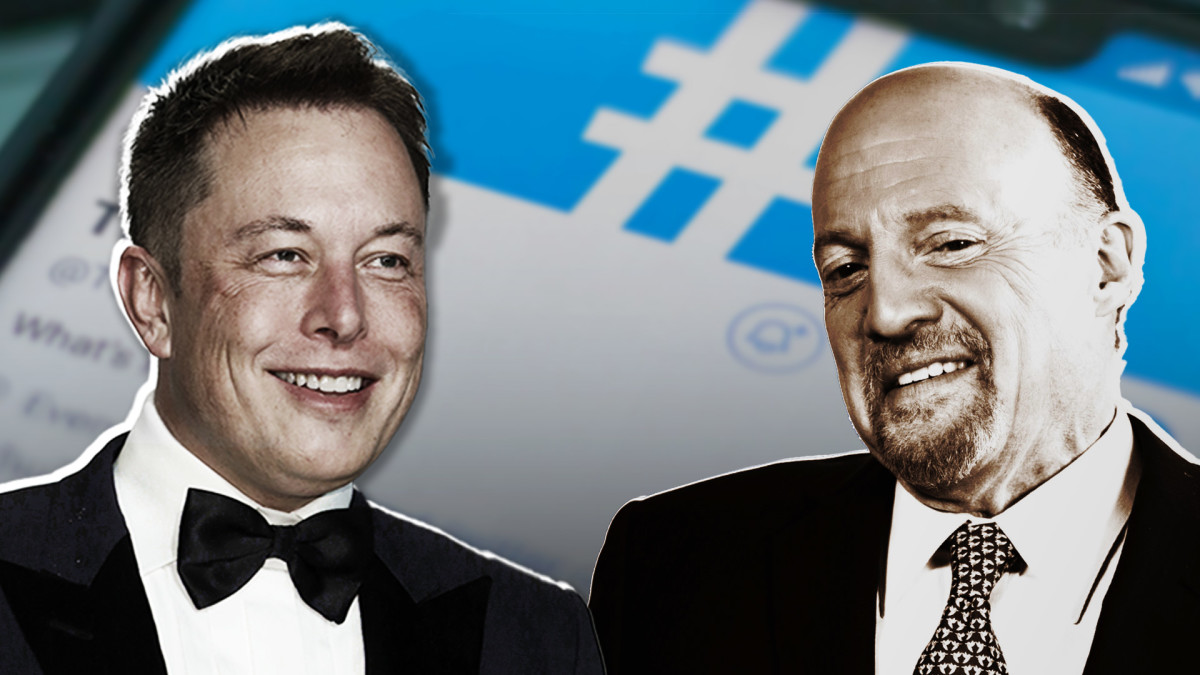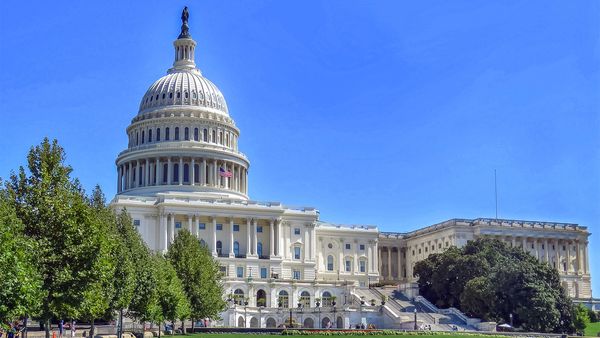
Tesla CEO Elon Musk used to have a friendly (at least publicly) relationship with CNBC's Jim Cramer, with the latter previously saying that he was "all-in" on the mercurial corporate exec.
But as their rivalry has grown in recent months, Cramer has become more aggressive in his critiques of Musk, especially when it comes to his online presence on X, formerly Twitter.
Over the weekend, at least seven major companies (including IBM (IBM) -), Apple (AAPL) -), Disney (DIS) -), and Comcast (CMCSA) -)) announced that they were pausing advertising on the platform after a report from "conservative misinformation" watchdog Media Matters showed that advertisements were being placed next to racist, right-wing accounts with large followings — a major sticking point for advertisers on the platform since Musk took over.
"I bet the big advertisers that are pausing will soon realize that their sales weren't hurt," Cramer tweeted.
I bet the big advertisers that are pausing will soon realize that their sales weren't hurt, your worst nightmare if you were a publisher like i was.... Nightmare for head of sales... Been there
— Jim Cramer (@jimcramer) November 19, 2023
Musk announced that he would launch a "thermonuclear" lawsuit against Media Matters "the split second court opens on Monday" while providing a list of sins the organization committed in the reporting of their story, according to the complaint.
The story "misrepresented the real user experience," on the platform, according to the complaint.
It is unclear whether Media Matters has received the notice of the lawsuit as of Monday afternoon. A request for comment from Media Matters wasn't immediately returned.
Musk finds unlikely ally
The situation with Musk is complicated according to Jonathan Greenblatt, CEO of Jewish civil rights group the Anti-Defamation League, who has previously praised Musk as the "Henry Ford of our time."
In response to a tweet claiming that "Jewish communities" pushed "dialectical hatred" against white people, Musk, who is white, on Wednesday tweeted that the user had said "the actual truth."
He then commented that the ADL "unjustly attacks the majority of the West, despite the majority of the West supporting the Jewish people and Israel."
After receiving some pushback from the "absolute truth" tweet, on Friday, Musk — a self-described free speech absolutist — announced that phrases like "decolonization," "from the river to the sea," and other "similar euphemisms necessarily imply genocide" and are banned from use on X.
Greenblatt found it "incredibly promising" that Musk banned "annihilationist anti-Semitic language." The move was especially noteworthy to Greenblatt because "no other social media company," had done the same, saying the move was "a much further step, and I hope the others will follow."
"You get it wrong, I'll say something, then I'll call you in and try to help you get it right, and I think that's what happened here," Greenblatt told CNBC Monday.
He said he spoke with Elon "at length on Friday" before Musk articulated the rules for the social media platform he purchased a year ago.
"I don't know what's in his head or in his heart. But he has got many Jewish friends, he's surrounded by Jewish people, I've heard where he's coming from. I don't think he's an anti-Semite. But that doesn't necessarily mean he won't sometimes retweet or promote anti-Semitic content. And it's still dangerous."
"He's very impulsive. But he does have to understand that when you are one of the most influential private citizens on the planet you can't just spread that stuff.







